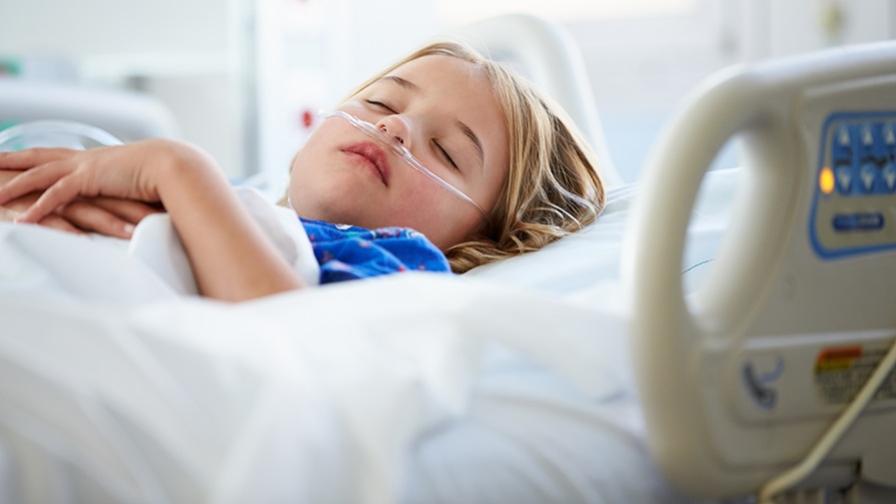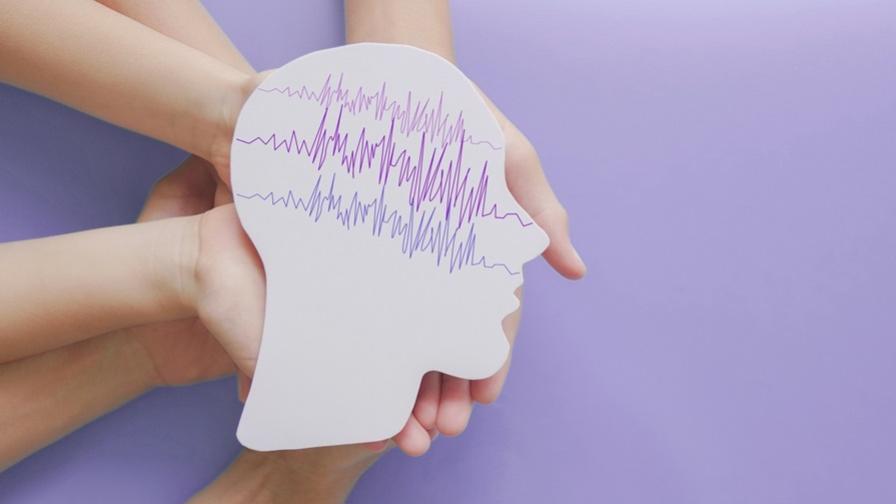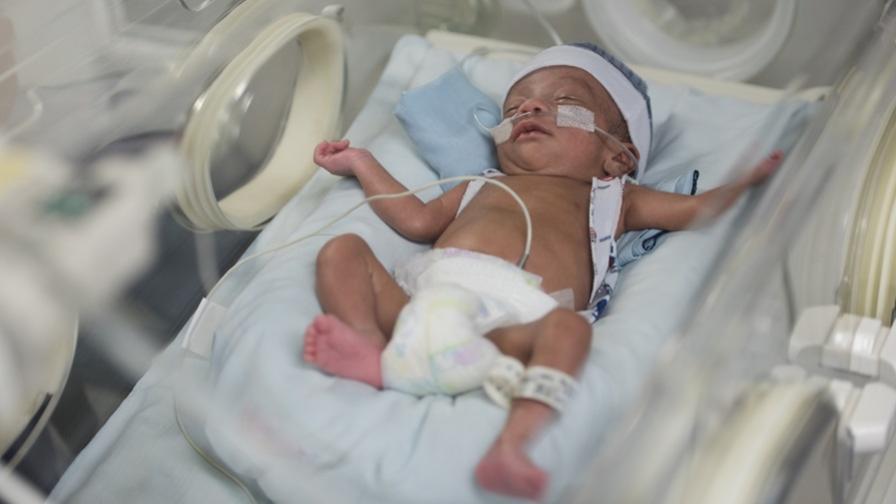Find out more below...

Developing a breath test to diagnose bacterial chest infections in critically ill children
Every year, millions of children worldwide are hospitalised for chest infections. In the UK alone, nearly 6,000 children are admitted to intensive care units with life-threatening chest infections.
While chest infections are frequently caused by viruses, most critically ill children are initially treated with antibiotics. This is because routine tests to diagnose bacterial infections have a low pick-up rate and take days to come back. Unfortunately, unnecessary antibiotic use can lead to unpleasant side effects for children and contributes to the development of antibiotic resistance.
Dr Padmanabhan Ramnarayan and a team of world-leading scientists at Imperial College London aim to develop a new breath test that can accurately identify bacterial infections. This would be quick, safe and painless for critically unwell children. It could also be repeated frequently to track whether an infection is improving, helping to guide treatment.
This could transform the care of sick children.
Combining virtual reality with advanced brain scanning to better understand autism
Children with autism can struggle with social interaction, impacting their relationships, education, and wellbeing.
Dr Tomoki Arichi’s research team is combining virtual reality (VR), especially designed for young children, with advanced MRI scanning to study brain activity during social behaviour. By comparing autistic and neurotypical children, they aim to uncover differences in social brain processing and predict future outcomes.
“Our goal is to identify patterns of brain activity associated with social interaction during the crucial period when neurodevelopmental conditions, such as autism, first start to emerge in young children,” says Professor Arichi, based at King’s College London.
This could pave the way for earlier, more effective support for children and their families.

Helping babies and children with epilepsy
We have two new studies in this area.
FGF12-related epilepsy is a very rare and severe form of epilepsy, caused by faults in the FGF12 gene. It causes frequent seizures that start very early in life, and sadly it often leads to delayed development and shortened life expectancy.
Dr Amy McTague and her team are searching for cutting-edge gene therapies that could precisely target the root cause of this condition. Ultimately, they aim to develop an effective new treatment that can help to control seizures and reduce disability.
Meanwhile, Dr Charlotte Tye and her team at King's College London will be working with pre-school-aged children who have early-onset epilepsy.
Around one in five people with epilepsy also has a neurodevelopmental disorder, such as ADHD or autism, and it is thought that for these people, both may be caused by the same underlying problem within the brain.
This research aims to identify early-life predictors of neurodevelopmental outcomes. It will pave the way for informing the design and delivery of early interventions, with the aim of improving long-term outcomes and quality of life for children and their families.

Preventing brain injury in premature babies
Babies born prematurely are at increased risk of suffering injury to the brain either at or shortly after birth. Sadly, this can cause lifelong problems such as cerebral palsy, behavioural challenges and learning difficulties. There is currently no treatment that can be given to reduce this risk.
Led by Dr Helen Stolp, this research team will carry out early lab tests on a new drug that is currently in clinical trial for other conditions. This drug could potentially limit injury-inducing processes in the brain, reducing long-term damage.
Preventing ventilator-associated pneumonia in children
Every year, over 18,000 children are admitted to paediatric intensive care units across the UK. Ventilator-associated pneumonia is a life-threatening lung infection that affects up to one in five of these already critically ill patients. It can lead to longer hospital stays and reduce chances of survival. However, diagnosis is very difficult, making it hard for doctors to decide on the best treatment.
Dr Nazima Pathan of the University of Cambridge aims to improve early detection and treatment by deepening the understanding of how these infections develop. Ultimately, this could lead to new diagnostic tools, which could save lives, shorten hospital stays and provide better care for critically ill children.
